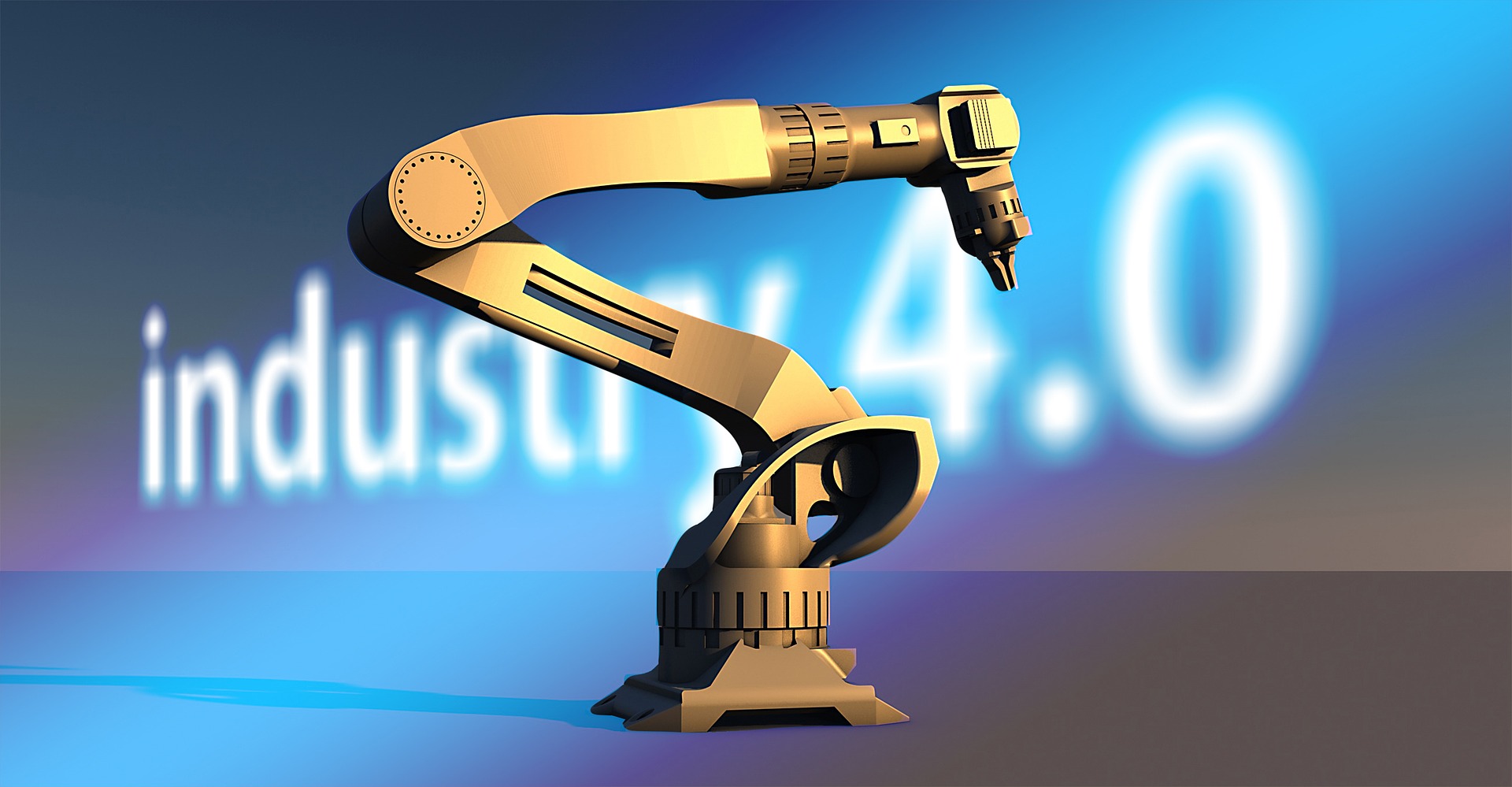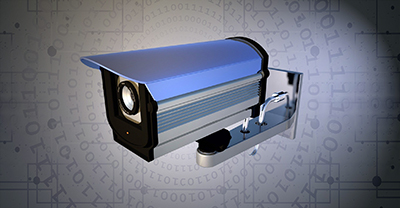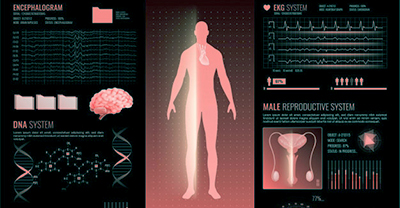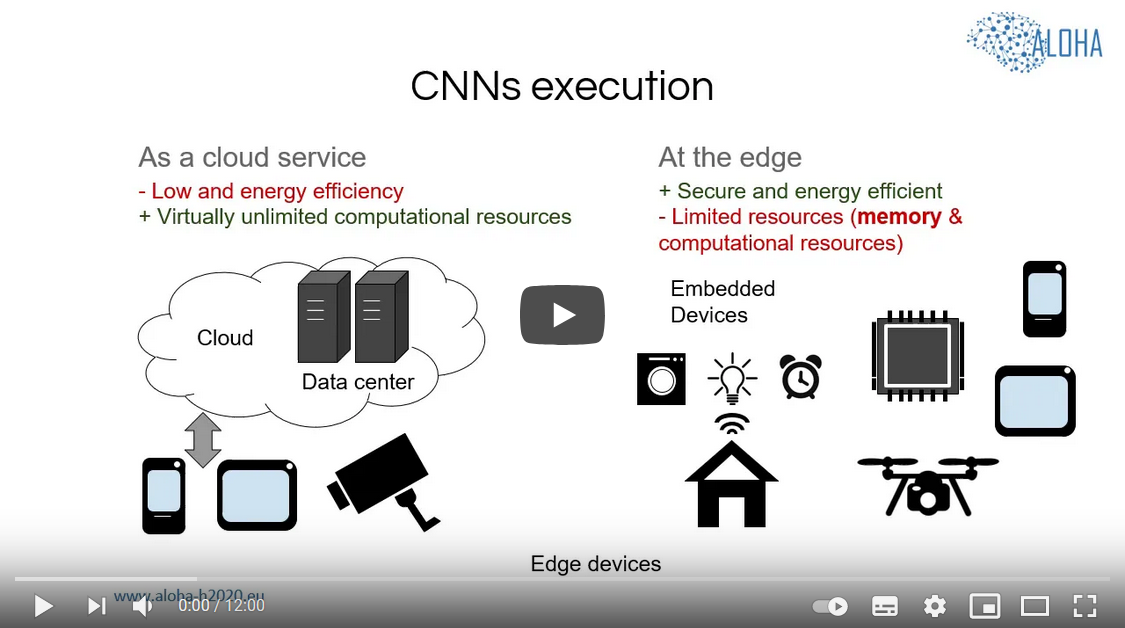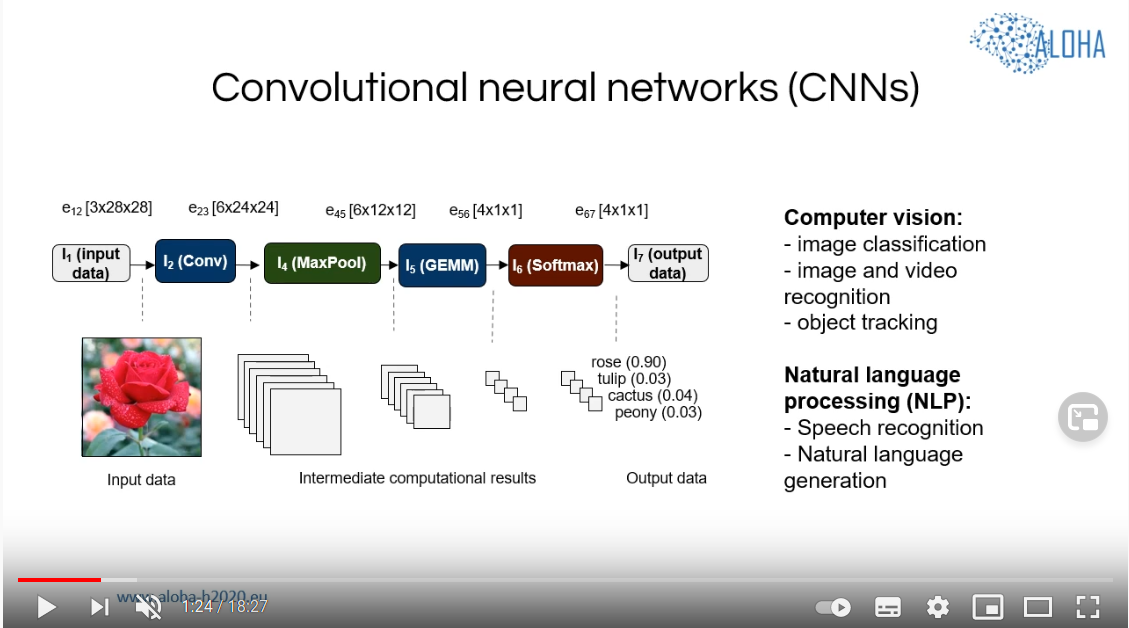
The ALOHA Final Workshop has been held virtually on June 30th, 2021 through the online meeting platform Teams at: https://rebrand.ly/aloha-final-workshop
In this event, the ALOHA consortium presented the results achieved within the project, the assessment of the toolflow capabilities on the reference design cases, and a summary of the main technical solutions and research outcomes. The workshop was open to researchers and developers in the ICT community, from academy and industry, involved in both hardware and software development, as well as companies (including SMEs) interested in a smoother transition to deep learning for their products. Participation to the workshop was free of charge.

